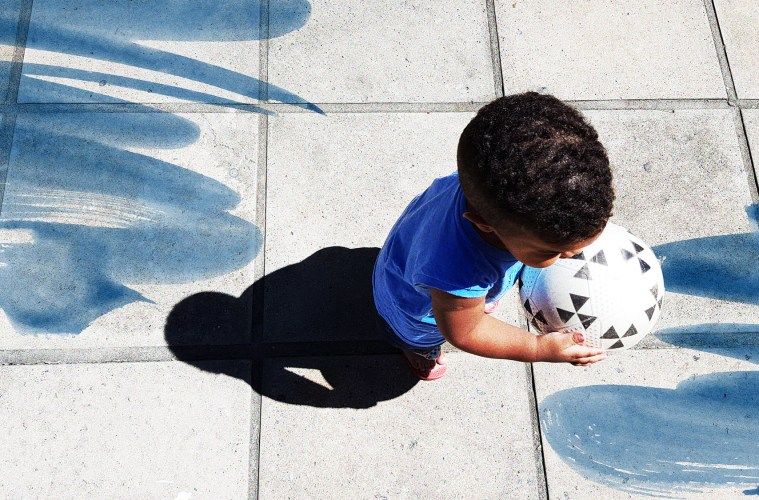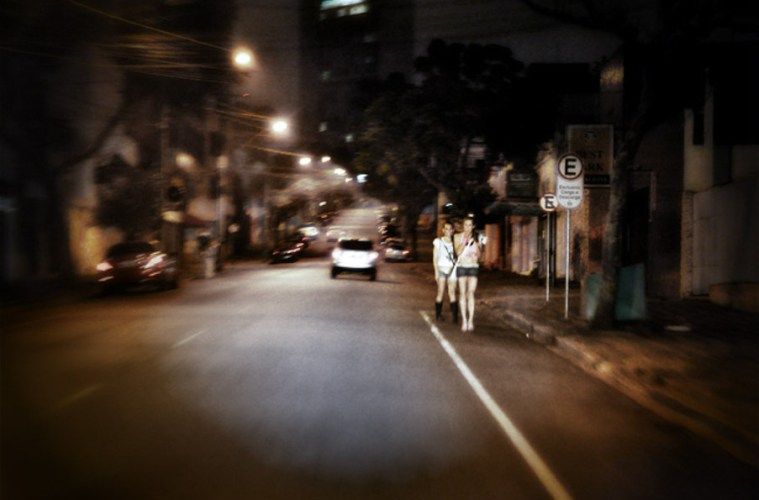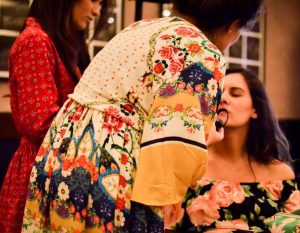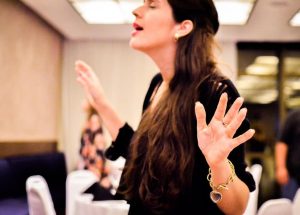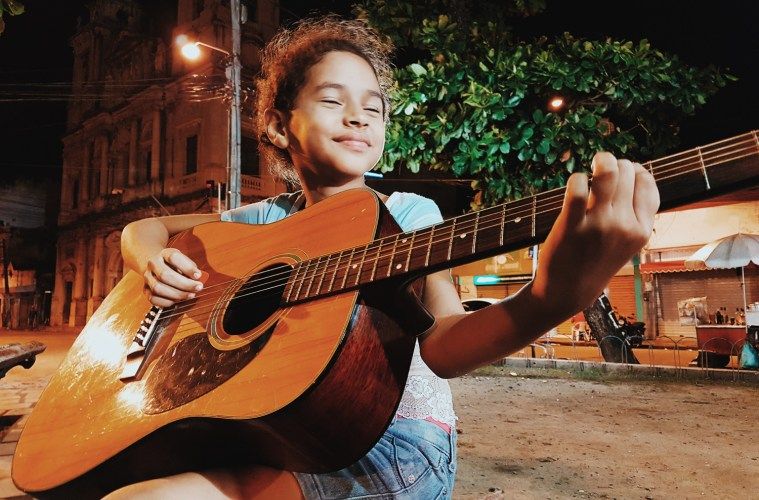Roots that Remain
No one can argue with the fact that there are few tragedies as deep as being orphaned. Being unwanted scars the core of the human soul. I grew up in a home with both parents present, and can only imagine what it is like to search your whole life for someone who truly knows you. Real nurturing cannot be forced – it cannot be done without your whole heart, and perhaps it is the bravest human action. In this season we have had six infants living in Bethany home, the most at one time to date, and that also means more adoptions than ever before. I watch our staff bring these babies so close that the reality of their loss for a moment fades away. Despite what they have lived through at such a young age, I know that they are cherished beyond human limitations. They have a family of 30 caregivers; who laugh with them and cry with them, who take them to parties and the mall; who lovingly pick out their clothes and cut their hair, who feed them, who fight over spending time with them, who take them to the doctor in the middle of the night, who dance with them and teach them to sing. Watching our staff cry as the children leave from a combination of grief and joy, I have no doubts they are some of the most loved children on earth. And that is how I remember each of them. The babies get a book when they leave – with pictures and letters so that 10 years from now, they will know what their infancy was like. Their first two years will not be empty time with questions and mysteries. It’s like a cast full of signatures so that you can never forget what you came through, or those who walked beside and wrapped around you. The spirit of adoption is not a soft ideal; it’s an unbreakable covenant, made from the inside out. Strong as bone. We are simply the lucky ones who secure it’s setting. It’s the same covenant Christ made with us, calling us his very own body.
Two letters from the above book:
Marcus,
Since the day I met you, it was easy to love you! Seeing everything that you have conquered and knowing that for a moment we were able to be part of your story is an honor! You are such a happy kid, smart, kind and really funny. You like to wear hats, play soccer and just love it when uncle Ned beat boxes! You also love when I dance with you. You play guitar and sing songs for everyone. You have such an amazing heart and I’m very happy for you to have a new family. I know that God has an incredible life for you. Love you forever. Love, Aunt Larissa.
Dear Little Marcus,
Thank you for loving us in such a simple and pure way, and for letting us love you and have funny moments with you. Thank you for everything that you taught to us (for training us to be future parents) and for all the amazing moments that we have spent together. We will miss you, but we are very excited for your new family. Forever you will be one of my best friends! – Uncle Ned.
Another of our girl’s adoptions inspired an article that was published on Father’s day in the city newspaper. To summarize, this couple waited four years and ten months in line for adoption at the Court of Pernambuco. When they had almost lost hope, the news came that the process was approved. They adopted their daughter at 1 year of age, which means they began preparing for her 3 years before she was even born. Her adoptive parents attest to the immensity and infinity of the love of a father, which transcends blood ties. “When we saw her photo, it was love at first sight. It was nothing different than the way we felt for our two biological children. Everything about her is beautiful and it looks like she was ours from gestation.”
